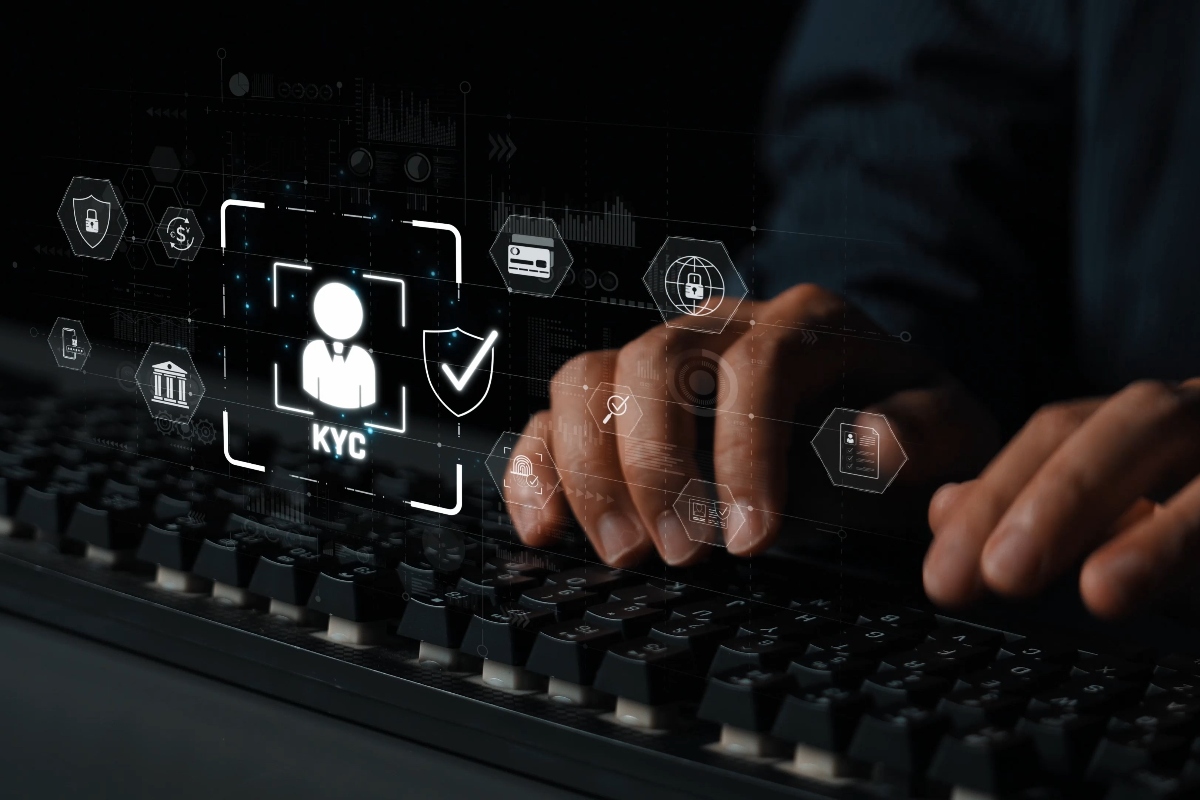Latest figures released by Cifas, the UK’s leading fraud prevention service, show that identity fraud has fallen for the first time since 2014. However, the figures reveal a sharp rise in identity fraudsters applying for plastic card accounts, with cases increasing by 12% (3,454 more cases). The figures also show identity fraud against online retail accounts has risen by 24% (1,232 more cases).
Despite the overall reduction Cifas states that “identity fraud still represents over half of all fraud recorded by the UK’s not-for-profit fraud data sharing organisation, with 87% of identity frauds perpetrated online”.
With identity fraud remaining high, 84,463 cases in the first six months of this year and the number of data breaches increasing, it is important for organisations and individuals to remain vigilant and implement steps to protect personal data. Bonafidee believe that reducing the level of identity fraud is a collaborative endeavour in which everyone needs to play their part. Individuals are advised to not over share personal data and keep anti-virus and software patches up to date.
But what steps can organisations take to protect themselves and know exactly who they are engaging with?
Bonafidee’s global digital engagement platform gives organisations a competitive edge and mitigates the risks of identity theft and online fraud.
In circumstances where important documents need to be signed, the first priority is to establish that the intended signatory or signatories are who they say they are. Irrespective of their nationality or country of residence, Bonafidee uses trusted, independent data sources to validate a person’s identity. Advances in the use of technology have helped to facilitate reliable, remote, multi-factor identity authentication. Even in the most highly regulated sectors with regulatory requirements and compliance, banks and other lenders are using Bonafidee to conclude loan applications and hire purchase agreements with e-signed contracts and digital documentation.
In addition, using Bonafidee Advanced e-Forms enables users to create professional, customised, interactive e-forms, quickly and simply. Bonafidee will then only present these once an individual has successfully proven their identity. Delivering only completed e-forms from verified individuals with an electronic feed of the contents, corresponding consents and a signed, sealed evidence pack give organisations the confidence to automate and streamline processes.
This sharing of data to prove our identity without really knowing how data is kept safe or even where it is held also adds to the risk of fraud. Responsibility is high and where and how an organisation’s data is stored needs to be carefully considered.
The rising use of cloud based systems to store sensitive data could be putting individuals’ data at risk as the security of cloud computing remains a serious concern. The on-demand, shared nature of the cloud introduces the possibility of security breaches. Cloud service providers share infrastructure, platforms, and applications, and if a vulnerability arises at any level, it can affect everyone. As a result, Bonafidee’s security policy dictates that they do not use cloud computing services. Bonafidee owns and manages their own dedicated infrastructure in IL3/4 rated data centres in the UK. There is no replication of data worldwide.
With security in place, Bonafidee helps organisations meet their legal and regulatory obligations, GDPR and personal data security compliance at the same time as combatting fraud, delivering efficiencies and cost savings.
To read the full Cifas news update click here.



